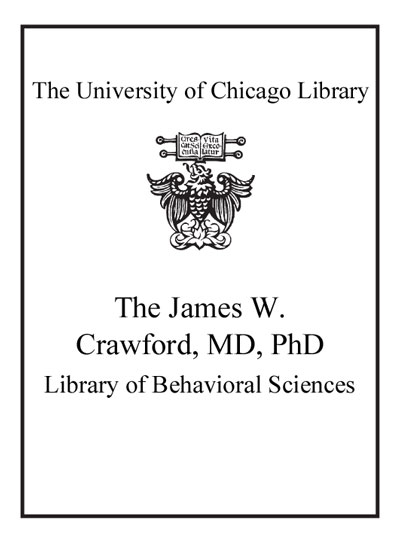Review by Kirkus Book Review
Is this the flip side of The Erotic Life of the American Wife (1972)? That, and more. Gittelson has interviewed men whose lives have been affected, even transformed, by the women's movement. She manages to steer clear of potential hazards by careful structuring, selectivity, and tact; she flags down the hollow statements and points out ironies and contradictions (and a few too many faces ""flushed with conviction""). Overall she uncovers few big surprises but she does cover the field. ""Their new downgraded status deeply displeased most men"" but, as one blue-collar worker put it, ""There's a hell of a lot more tolerance for women's rights in most men than I once thought there was."" Self-doubt and disillusionment are commonplace--the political hotbed is a difficult place for personal intimacies. There are househusbands who found ""that doing 'the right thing'. . . often felt wrong"" and men who were glad to get out of ""the old balls game."" Many withdrew from the sexual sweepstakes entirely or experimented with other men--the supermarket ""was perhaps the country's favorite metaphor for itself."" There are Wonder Couples (who have switched positions without adjusting the imbalance), a man aiming to be ""the first truly feminist male political candidate,"" and a few male ERA activists. Black men tend to tunehum a different tune tune: a wife able to sit it out at home is still a desirable status symbol. Also, changes at work (more than token, less than total) and echoes from abroad. One psychiatrist confides, perhaps pre-empting Gittelson, ""All these new sexual arrangements, these signposts to the new morality. . . . More and more, they have begun to seem to me markers on the road to nowhere."" Gittelson ends too abruptly--two short paragrpahs on Utopia and renewal of values--but her book travels better than Chesler's recent grabbag About Men (p. 30). It's the likelier, worthier choice, maybe the season's catch. Copyright ©Kirkus Reviews, used with permission.
Copyright (c) Kirkus Reviews, used with permission.
Review by Kirkus Book Review

